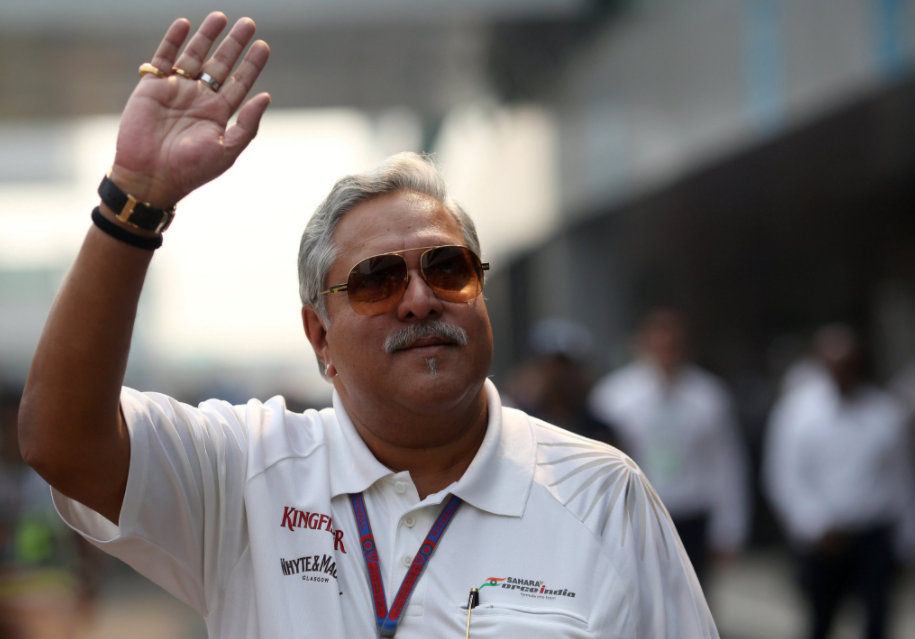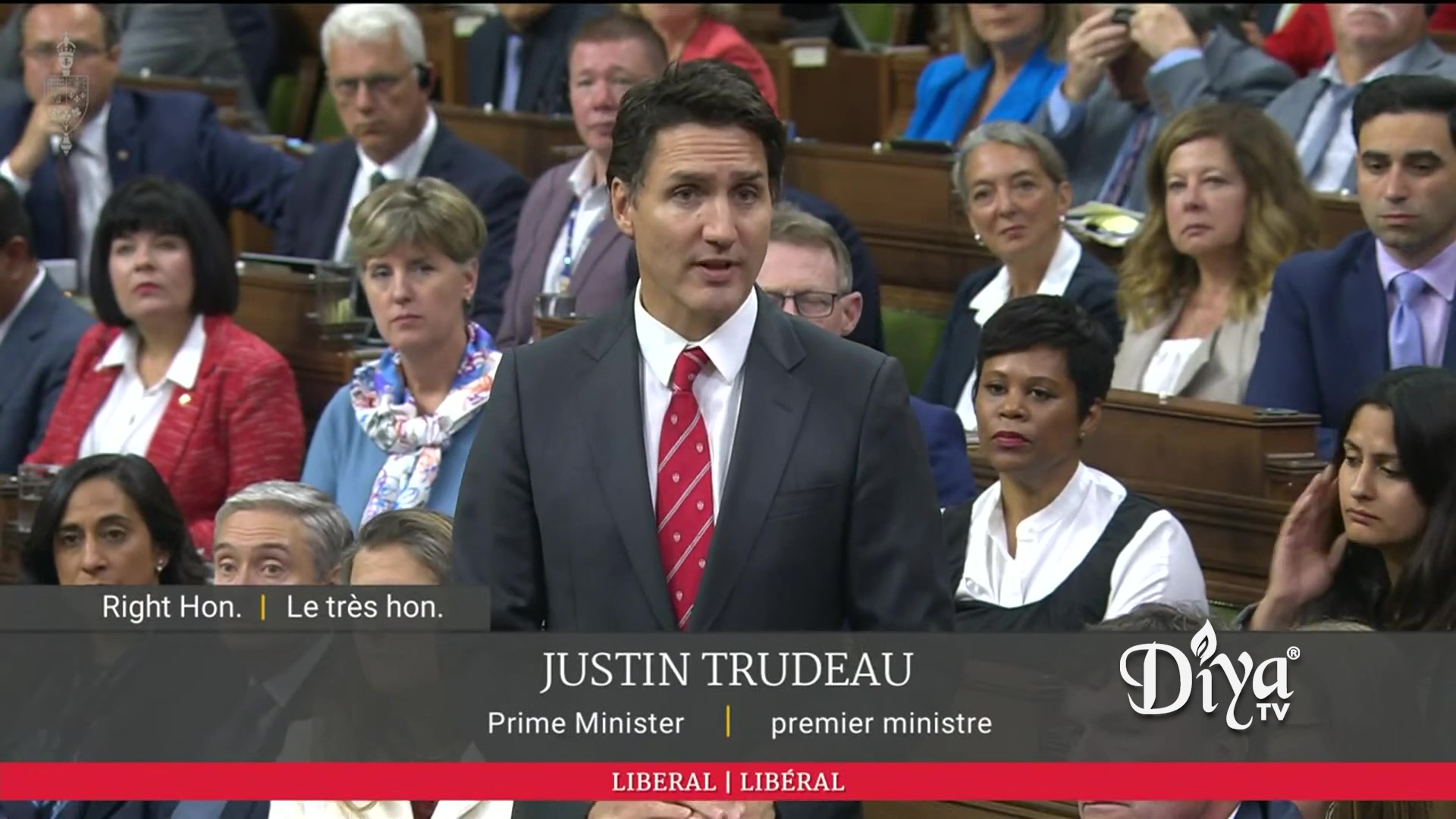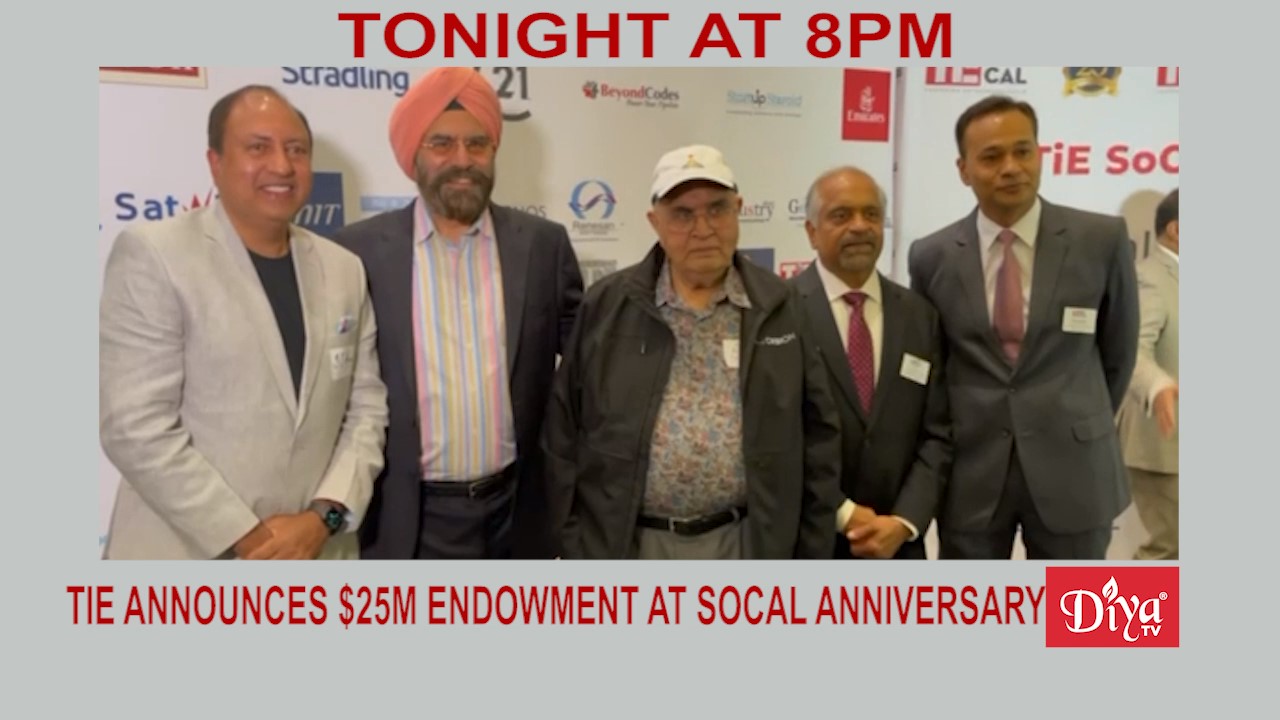
SAN FRANCISCO (Diya TV) — Vijay Mallya spent a lifetime building a reputation as India’s professed King of Good Times, a grandiloquent tycoon with ties to alcohol, an airline and a Formula 1 racing team. But his freewheeling lifestyle was brought to a screeching halt last year when he fled India under an avalanche of unpaid bills and accusations of fraud.
The cap of his stunning fall from grace was magnified Tuesday when British authorities in London arrested him as part of proceedings that could lead to his extradition to India.
Mallya came to symbolize many of the heights, and excesses, of Indian business in the decades of economic growth that followed the country’s deregulation in the early 1990s. He ultimately became a target of authorities, partly because his public displays of wealth came even as his company fell behind on salary payments to staff. Often compared to British entrepreneur Richard Branson, the 61-year-old Mallya turned what was once a small family business into a sprawling conglomerate. He now owns the United Breweries Group, which makes Kingfisher beer and distributes a wide variety of products, including alcohol, chemicals and fertilizer. He also has a stake in India’s only Formula One car racing team, Force India.
His 60th birthday bash was one for the ages — held at his villa in the coastal Indian state of Goa, it included acts from the singer Enrique Iglesias, as well as appearances from Bollywood stars and top Indian businessmen.
“I work hard, and I play hard, too,” Mallya once said.
However, his outsize ambitions proved to be his ultimate demise.
In 2003, Mallya established an airline, with plans to expand internationally and shift from an all-economy-class model to add a luxurious business class. He made a splash at the Paris Air Show in 2007 with a $7 billion order for 50 Airbus planes. On Mallya’s airline, even short-haul flights would have meal service, and curbside valets. Its flight attendants wore the bright red uniforms, mirroring those worn by staff members on Branson’s Virgin Atlantic.
Kingfisher Airlines struggled to gain ground in a competitive domestic market, and as time passed, the company was left with a fleet of aging and inefficient planes. By 2012, after persuading lenders to restructure its debt, it ceased operations in the face of high fuel prices and a global slowdown.
The airline carried debts north of $1 billion, as well as other bills, including back pay to former employees. Because Mallya himself, and the United Breweries Group, had backed some of the loans, creditors chased them for repayment. As the dispute went through the courts, banks tried to seize his assets. Indian authorities raided his homes and offices in Mumbai, Bangalore and Goa in 2015.
He fled India for Britain in March 2016, the Indian government revoked his passport the following month, a moved that was prefaced by the issuing of an arrest warrant. India sent Britain an official request for Mallya’s extradition on Feb. 8.
Tuesday, Metropolitan Police in London said its extradition unit had arrested Mallya “on behalf of the Indian authorities in relation to accusations of fraud.”
Mallya appeared in a London court and was released on bail, according to Dinesh K. Patnaik, India’s deputy high commissioner in London. Mallya is scheduled to appear for another hearing next month. “The willingness of the U.K. government in bringing him to justice is something we are appreciative of,” Patnaik said.
According to the British Home Office, arrest warrants are issued in response to extradition requests only if such requests are certified by officials and then sent to a court for the warrant to be issued. If the judge at Mallya’s extradition hearing approves the request for him to be sent back to India, then it is sent to Britain’s home secretary for final approval.
Mallya dismissed the news as “media hype,” but he confirmed on Twitter that an extradition hearing began on Tuesday.
Usual Indian media hype. Extradition hearing in Court started today as expected.
— Vijay Mallya (@TheVijayMallya) April 18, 2017




